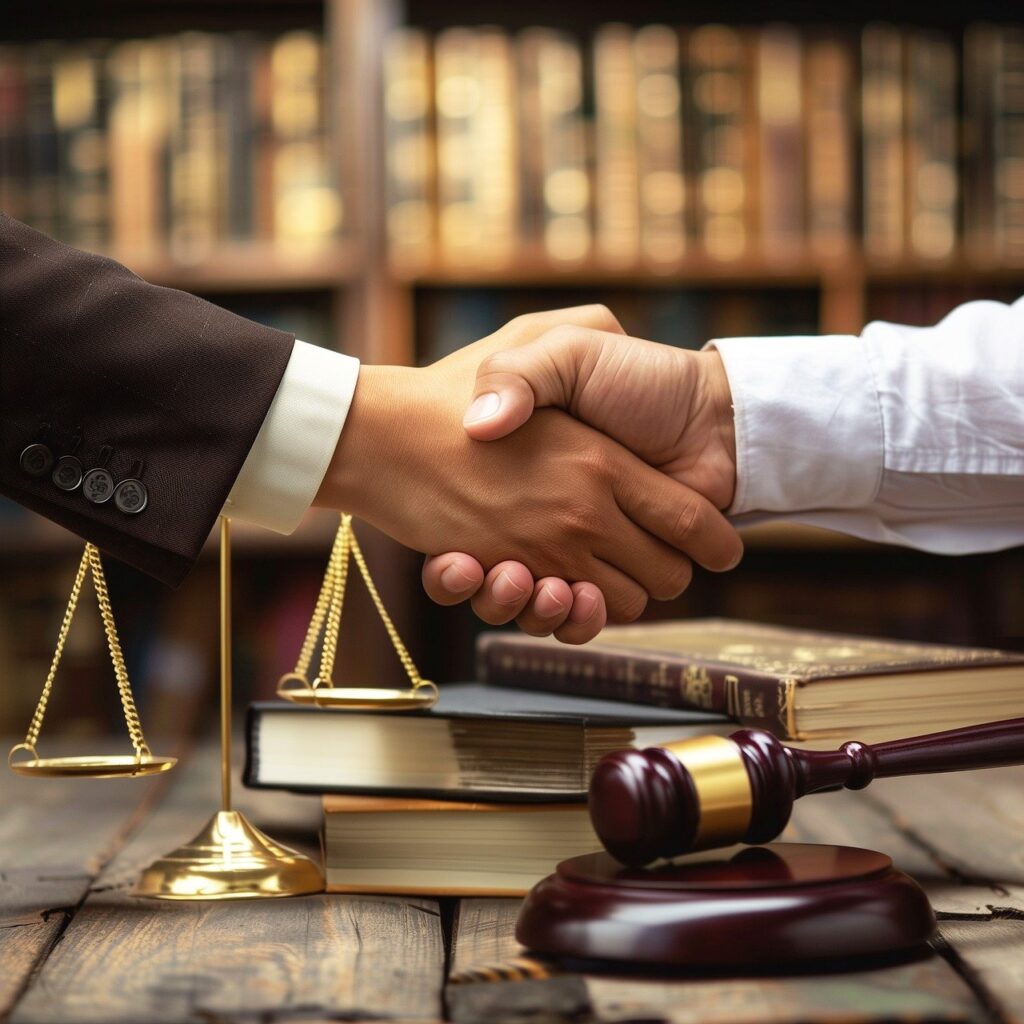When it comes to handling legal matters, many people get confused between the roles of an executor and a power of attorney. Here at BruegelPC, we often see clients unsure about which one they need during a difficult time like a divorce. It’s crucial to understand that while both positions involve important responsibilities, they serve very different purposes. In this article, we’ll break down the key differences to help you navigate this complex area with confidence.
According to Legal Information Institute, an executor manages your will after you die, while a power of attorney handles your affairs if you are alive but incapacitated.
Executors have authority after death, and power of attorney agents act during your lifetime. Both roles require legal documentation to be valid.
What is an Executor?
An executor is the individual responsible for ensuring a will’s directives are fulfilled following the creator’s death.
If you think about it, the executor is the person in charge of making sure the deceased person’s belongings go to the right people, as mentioned in the will.
This usually means finding and listing all the deceased person’s belongings, paying off any debts and taxes, and then giving out what’s left to the rightful people.
Come to think of it, the executor should always do what’s best for the estate and those who will inherit it, following the legal steps required in the probate process.
Executors are often picked because they are trusted, organized, and good with handling money.
They need to keep clear records of all the estate’s transactions and stay in touch with the beneficiaries to ensure everything goes smoothly according to the deceased person’s wishes.
What is a Power of Attorney?
A Power of Attorney is a legal instrument granting one individual the authority to act and make decisions on another person’s behalf.
Fundamentally, a Power of Attorney is a legal document where one person, called the principal, gives another person, called the agent or attorney-in-fact, the power to act on their behalf.
There are different kinds of Powers of Attorney that give the agent different levels of authority. A general Power of Attorney lets the agent make a wide range of financial and legal decisions. A limited Power of Attorney only allows the agent to act in specific situations or handle certain matters.
This document is useful if the principal cannot make decisions due to illness, incapacity, or if they are away. Essentially, it can also be used simply for convenience, like having someone manage your finances while you are traveling.
Choosing a trustworthy and responsible agent is very important because they will have the power to make important decisions for the principal. It is important for the principal and the agent to discuss the scope and limits of this power so everyone is clear on their roles.
In short, a Power of Attorney is a helpful legal tool that can provide peace of mind and support in managing important affairs when needed.
Difference Between Executor and Power of Attorney
“Emphasizing our past talks, executor and Power of Attorney both handle another’s affairs, yet Executors act after death while Power of Attorney operates during a person’s lifetime.”
To put it briefly, an executor takes care of a person’s belongings and debts after they have passed away, following what is written in the person’s will. A Power of Attorney, however, is chosen by someone who is still alive to make decisions for them if they can’t do so themselves. These decisions can be about money, medical care, or both.
The main difference between the two is the timing: an executor acts after a person has died, while a Power of Attorney is active while the person is still living but can’t manage their own affairs. In a basic sense, executors are usually named in the person’s will, while a Power of Attorney is picked by the person needing help.
An executor’s job is mostly about dealing with what the deceased person owned and owed. In contrast, a Power of Attorney can have a wider range of duties based on what the person allows them to do in the document.
Responsibilities of an Executor
Referencing the above, an executor ensures the decedent’s assets are distributed according to the will and handles all outstanding debts and taxes.
Essentially, this means finding and protecting assets, paying off debts and taxes, and giving out what’s left to the people named in the will. The executor also needs to tell beneficiaries and creditors about the death, file the will in court, and deal with any legal issues. They should act in the best interests of the estate and the beneficiaries and follow the will or court instructions.
At the simplest level, this can involve tough decisions and managing disagreements among beneficiaries. The executor must keep accurate financial records and regularly update the beneficiaries and the court.
Duties Under Power of Attorney

Highlighting what was noted before, a power of attorney can enable someone to make crucial healthcare and financial decisions for another individual, even if that person becomes incapacitated.
Let me explain, the person who gives the power is called the principal, and the person who gets the power is called the agent. The agent must make decisions that are in the best interests of the principal and follow the instructions in the power of attorney document. This includes handling the principal’s money, property, and healthcare decisions. The agent has to keep clear records of everything they do for the principal.
At its simplest, they must also avoid conflicts of interest and should not use their power for personal gain. The agent should only make choices that the principal would make if they could. If the agent does not do their job properly, they could be held legally responsible for any harm to the principal. It’s important for both the principal and the agent to understand what they are supposed to do under a power of attorney to make sure the principal’s wishes are respected.
Rounding it Up
Drawing on earlier remarks in the decision between choosing an executor or a power of attorney, it is important to consider the specific needs and circumstances of the individual.
What BruegelPC is thinking you should consider is, while an executor is responsible for handling the deceased’s estate, a power of attorney can make decisions on behalf of someone who is unable to do so themselves. Both options have their own unique roles and responsibilities, so it is very important to carefully evaluate which one is most suitable for your situation.

